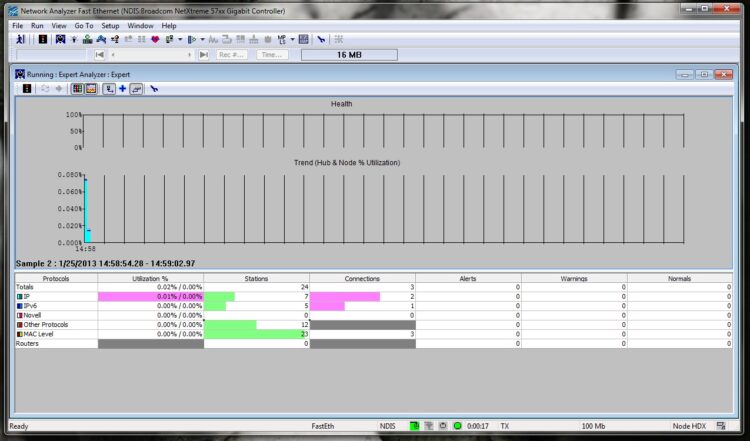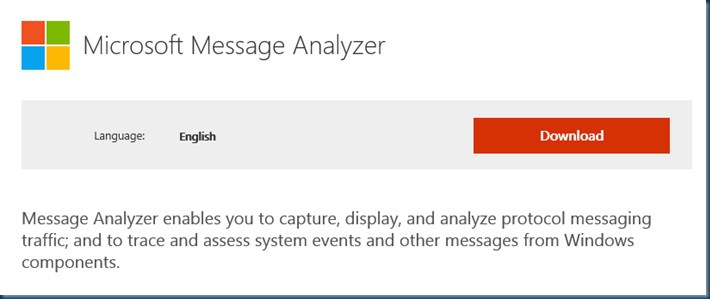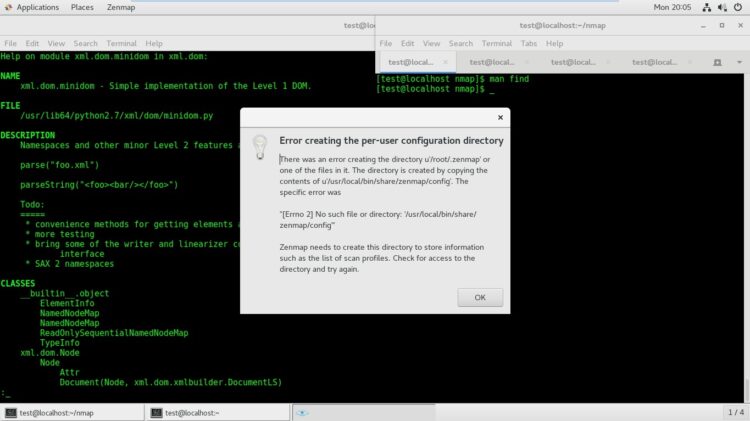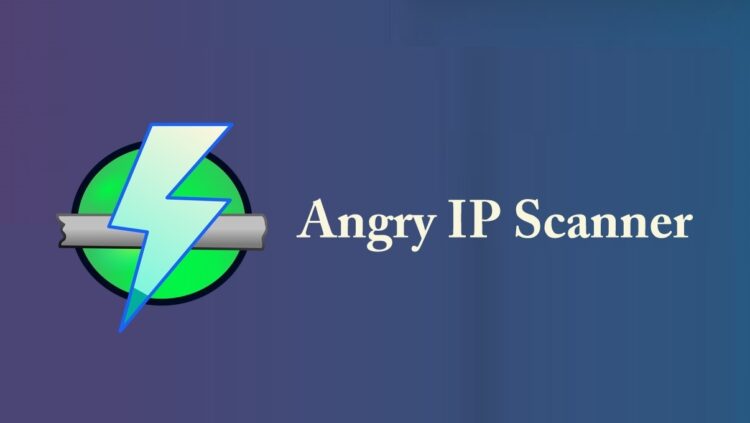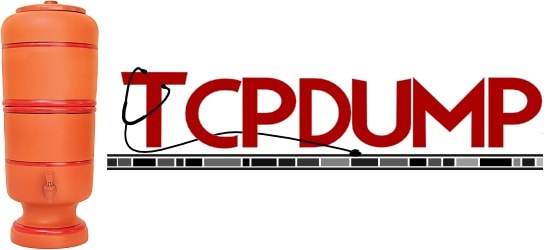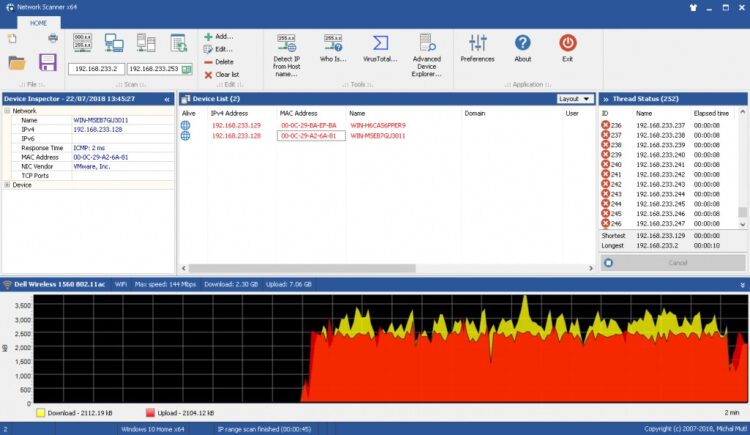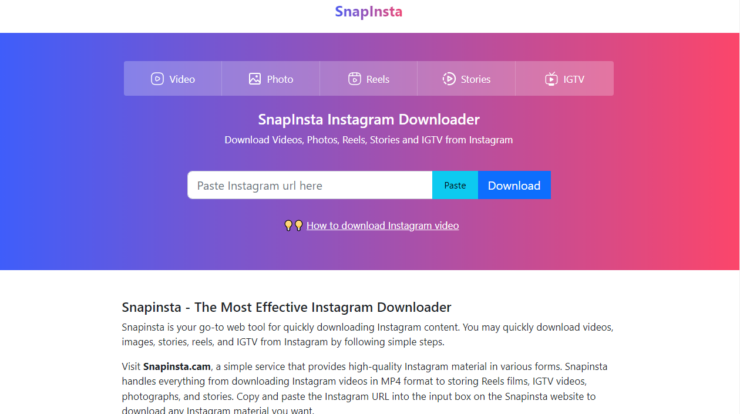
The most excellent free Network Protocol Analyzer for your network infrastructure will be discussed in this post. Here, you should find the ideal tool for your situation. If you haven’t already, please finish reading.
The most excellent free network monitoring tools for windows are out there. A network operator understands the value of information. Building a solid and worry-free network is possible if you have reliable information. However, when it comes to troubleshooting and maintaining local networks, you’ll need the proper tools to get the job done. When it comes to analyzing and maintaining network protocols, Network Protocol Analyzer is the best tool for the job.
Your computer’s cable and wireless LAN and Internet connections can be eavesdropped on using Network Monitoring software free.
Analyze, filter, secure, maintain and present any traffic data that flows through your network adapters with Network Protocol Analyzer. It shows intercepted network communication packets’ binary, hexadecimal, decimal, and text field values.
A network protocol study is the finest medicine for network communications. Using a protocol analyzer, you can learn why a network device behaves in a certain way.
[lwptoc]
8 Best Free Network Protocol Analyzer For Maintaining & Monitoring Local Networks
1. JDSU Network Analyzer Fast Ethernet
There’s no better tool in the IT field for you to employ than JDSU Network Analyzer Fast Ethernet. Even though it has a wide range of capabilities, you don’t have to be a network expert to make good use of it. Quickly identify who’s on a network, who’s consuming bandwidth, and where network issues may be occurring with JDSU. Expert analysis tools can also be used to swiftly discover and resolve network faults; real-time traffic capture and analysis and offline data analysis are also feasible. In addition, JDSU offers cross-platform compatibility, multi-technology analysis, and scalable architecture for distributed analysis.
2. NAST (Network Analyzer Sniffer Tool)
Since its inception, the Ncurses-based NAST hasn’t seen much active development. Despite its shortcomings, the utility is handy and performs a great job capturing network traffic. I recommend this software to you since it is helpful if you only have access to a UNIX GUI-less server.
Even if you have a graphical user interface, this software is still valid. To find the LAN internet gateways, identify the promiscuous nodes, reset an established connection, run a half-open port scanner, capture the daemon banner of LAN nodes, identify the link type (hub or switch). Additionally, various options are available for controlling arp answers, byte counting, and reporting logging to detect possible arp-spoofings.
3. Microsoft Message Analyze
Allows you to monitor protocol messages and other communications from the Windows components you use, with the help of Microsoft Message Analyzer. There are several different ways to view the log and trace data, including a default tree grid view and various other selectable graphical views that use grids, graphs, and timeline visualizer elements to provide high-level data information summaries and other relevant data.
Custom data audiences can also be created. Even more importantly, Message Analyzer may be used to analyze and verify protocol implementations in addition to diagnosing network issues.
4. Zenmap
Nmap Security Scanner’s greatest free and official GUI is Zenmap. Windows, Linux, Mac, and BSD are all supported platforms for this software. Reading live captures or saving them for later viewing is possible with Zenmap. Network inventory, service upgrade schedule management, and host or service uptime tracking are easier with Zenmap’s integration of Nmap’s functionality. Features such as host discovery, port scanning, version identification, operating system identification, web scanning, Nping service support, and much more are available to you.
5. Angry IP Scanner
Looking for a Network Protocol Analyzer that is entirely free? Open source, cross-platform scanner Angry IP Scanner has been developed from the ground up for speed and ease of usage. Aside from this, Angry IP can Plug-in the app and store scan findings as CSV or Txt files, store scan findings as IP-Port records, and quickly do multi-threaded scanning using portable pings and NetBIOS hostname resolution.
Large and small enterprises, banks, and government agencies worldwide use this tool to keep track of their network traffic. Linux, Windows, and possibly Mac OS X are all supported platforms.
6. Wireshark
In terms of Network Protocol Analysis, Wireshark is among the best (paid or free ). In reality, Wireshark is regarded as the industry standard. Features like Live capture and offline analysis, standard three-pane package browser, multi-platform like Windows, Linux and OS X, FreeBSD and NetBSD, and more. The TShark program can also be used to access the network data that was captured by this tool’s GUI interface.
In addition, there are sophisticated display filters, rich VoIP analysis, the ability to read or write capture files in a variety of formats, and the ability to compress capture files on the fly using on-the-fly live data. The output can be exported to XML, CSV, PostScript, or plain text and includes decryption and coloring rules. ISAKMP, IPsec, Kerberos, SNMPv3, SSL/TLS, WEP, and WPA/WPA2 decryption are all supported.
7. Tcpdump
Tcpdump is a well-known command-line packet analyser. TCP/IP and other packets sent or received across a network to which the computer is connected can be intercepted and shown with this program. In addition, Tcpdump can read packets from a network interface card or a stored packet file, and it can also send packets to standard output or files.
There’s also the option of using Tcpdump to intercept and show the communications of another computer or user. For example, someone with the proper credentials can use Tcpdump to look at login IDs and passwords, URLs and content of sites being seen, or some other unencrypted information if the router or gateway is working as a router or gateway.
A wide range of Unix-like operating systems, including Linux, Solaris, FreeBSD, DragonFly BSD, NetBSD, and OpenWrt, is compatible with Tcpdump.
Furthermore, Tcpdump uses the libpcap library to capture packets in these systems. It’s called WinDump and uses WinPcap, the Windows version of the libpcap library.
8. Free Network Analyzer
Use this tool to capture, filter, and show any traffic information that flows via your network adapter using this freeware tool. It displays the binary, hex, decimal, and text field values from each captured network communication package and analyses its contents according to the RFC and extra standards. To perform effective forensic analysis of any data passed through your PC’s network ports, packets are retrieved, processed, and displayed in a human-readable format.
ALSO SEE: Data Recovery Software
Network communications can be effectively intercepted, decoded, and monitored by using this free network monitor. Thanks to this software’s real-time processing of monitored data, a budget desktop PC can nevertheless handle 1 Gbit/s network communications monitoring. Real-time network monitoring software can greatly benefit from the network protocol analyzer’s excellent performance.
